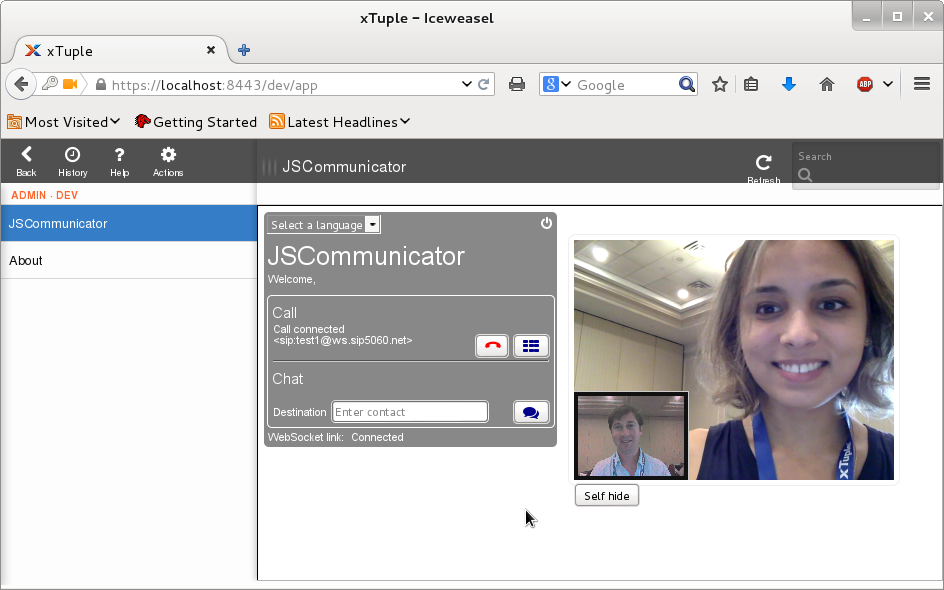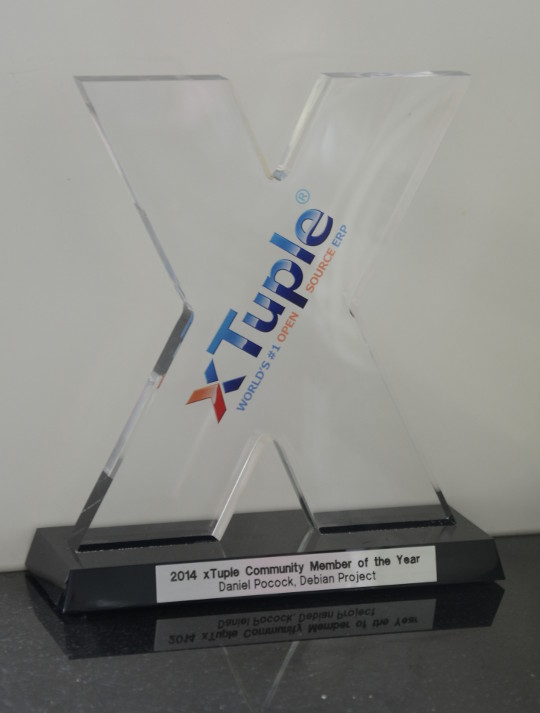Andrej Shadura: Transitioning to a new OpenPGP key
Following dkg s example, I decided to finally transition to my new
The is the key I ve been using in Debian from the very beginning, and its copies at the SKS keyserver network still have my first DD signature from angdraug:
My new PGP key is:
If you signed my old key and are reading this, please consider signing my new key; if you feel you need to re-confirm this, feel free to contact me; otherwise, a copy of this statement signed by both the old and new keys is available here.
I have uploaded this new key to keys.openpgp.org, and also published it through WKD and the SKS network. Both keys can also be downloaded from my website.
ed25519/cv25519 key.
Unlike Daniel, I m not yet trying to split identities, but I m using this chance to drop old identities I no longer use. My new key only has my main email address and the Debian one, and only those versions of my name I still want around.
My old PGP key (at the moment in the Debian keyring) is:
pub rsa4096/0x6EA4D2311A2D268D 2010-10-13 [SC] [expires: 2021-11-11]
782130B4C9944247977B82FD6EA4D2311A2D268D
uid [ultimate] Andrej Shadura <andrew@shadura.me>
uid [ultimate] Andrew Shadura <andrew@shadura.me>
uid [ultimate] Andrew Shadura <andrewsh@debian.org>
uid [ultimate] Andrew O. Shadoura <Andrew.Shadoura@gmail.com>
uid [ultimate] Andrej Shadura <andrewsh@debian.org>
sub rsa4096/0xB2C0FE967C940749 2010-10-13 [E]
sub rsa3072/0xC8C5F253DD61FECD 2018-03-02 [S] [expires: 2021-11-11]
sub rsa2048/0x5E408CD91CD839D2 2018-03-10 [S] [expires: 2021-11-11]
sig sig 85EE3E0E 2010-12-03 __________ __________ Dmitry Borodaenko <angdraug@mail.ru>
sig sig CB4D38A9 2010-12-03 __________ __________ Dmitry Borodaenko <angdraug@debian.org>
pub ed25519/0xE8446B4AC8C77261 2016-06-13 [SC] [expires: 2022-06-25]
83DCD17F44B22CC83656EDA1E8446B4AC8C77261
uid [ultimate] Andrej Shadura <andrew@shadura.me>
uid [ultimate] Andrew Shadura <andrew@shadura.me>
uid [ultimate] Andrej Shadura <andrewsh@debian.org>
uid [ultimate] Andrew Shadura <andrewsh@debian.org>
uid [ultimate] Andrei Shadura <andrew@shadura.me>
sub cv25519/0xD5A55606B6539A87 2016-06-13 [E] [expires: 2022-06-25]
sub ed25519/0x52E0EA6F91F1DB8A 2016-06-13 [A] [expires: 2022-06-25]
 Earlier this month I had the pleasure of attending the Web Engines Hackfest, hosted by Igalia at their offices in A Coru a, and also sponsored by my employer,
Earlier this month I had the pleasure of attending the Web Engines Hackfest, hosted by Igalia at their offices in A Coru a, and also sponsored by my employer, 



 What happened in the
What happened in the  At Collabora, we use SparkleShare to store all sorts of internal documents, and it s being used by users not
familiar with command line interfaces too. Unfortunately, the version we
At Collabora, we use SparkleShare to store all sorts of internal documents, and it s being used by users not
familiar with command line interfaces too. Unfortunately, the version we  MapaNica, the community behind said map, are raising funds to make lives of locals easier by publishing a printed version of the map and distributing it. They have already raised more than $3300 of their $7500 goal. Every further donation will help them print more maps.
Please go to
MapaNica, the community behind said map, are raising funds to make lives of locals easier by publishing a printed version of the map and distributing it. They have already raised more than $3300 of their $7500 goal. Every further donation will help them print more maps.
Please go to 




 and gives a preview of the wide range of commercial opportunities that WebRTC is creating for software vendors to displace traditional telecommunications providers.
xTupleCon also gave me a great opportunity to see new features (like the
and gives a preview of the wide range of commercial opportunities that WebRTC is creating for software vendors to displace traditional telecommunications providers.
xTupleCon also gave me a great opportunity to see new features (like the 